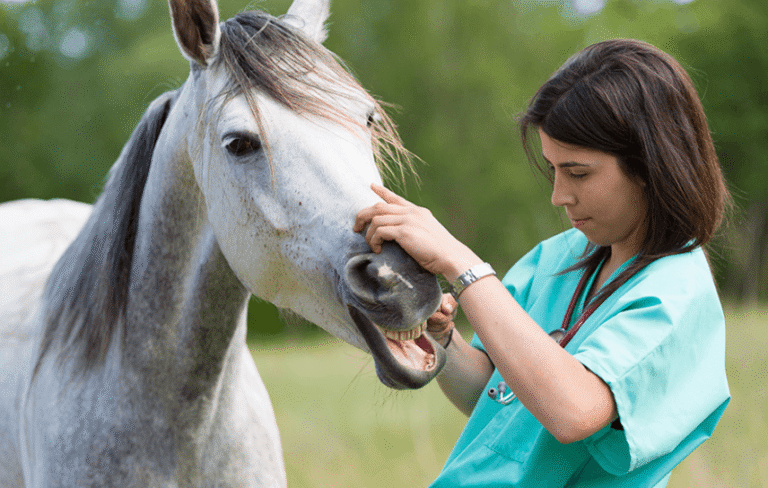The Role of Jockeys in Horse Racing: Skills and Responsibilities

Jockeys are pivotal figures in the world of horse racing, exemplifying a unique blend of physical prowess and mental acuity. Their role extends beyond mere riding; it encompasses rigorous fitness regimes, strategic track decisions, and deep emotional resilience. The relationship they cultivate with their horses can significantly influence race outcomes. As the dynamics of racing evolve, understanding the intricate skills and responsibilities of jockeys becomes essential. What challenges do they face in this high-stakes environment?
The Physical Demands of Jockeying
Jockeying demands exceptional physical fitness and stamina, underscoring the rigorous nature of this profession.
Successful jockeys engage in intense training regimes to maintain their agility and strength.
Weight management is critical, as maintaining a specific weight is essential for competitive advantage.
This combination of rigorous exercise and strict dietary control highlights the dedication required to excel in the high-stakes world of horse racing.
See also: eurotierce
Strategic Decision-Making on the Track
Navigating the complexities of a race requires jockeys to make rapid, strategic decisions that can significantly impact the outcome.
Effective race strategy hinges on track positioning, as jockeys must assess their position relative to competitors and adapt accordingly.
This adaptability allows them to exploit openings, maintain momentum, and ultimately enhance their horse’s performance, illustrating the intricate interplay between skill, intuition, and environmental factors.
Building a Strong Connection With the Horse
Establishing a strong connection with the horse is paramount for a jockey’s success on the racetrack.
Effective horse communication fosters trust building, allowing the jockey to understand the animal’s needs and nuances. This bond enhances performance, as the horse responds intuitively to the jockey’s cues.
Ultimately, a harmonious relationship not only improves racing outcomes but also enriches the experience for both horse and rider.
The Emotional Resilience Required for Jockeys
Emotional resilience is a critical attribute for jockeys, as they face a unique blend of pressures both on and off the racetrack.
This demands exceptional mental toughness and effective stress management strategies. Jockeys must navigate the highs of victory and the lows of defeat, maintaining focus and composure.
Their ability to adapt emotionally not only enhances performance but also fosters a profound connection with their equine partners.
Conclusion
In the exhilarating world of horse racing, jockeys are the unsung heroes, blending skill, strategy, and emotional strength to achieve victory. Like a conductor leading an orchestra, they harmonize their abilities with the spirit of their horse, creating a symphony of speed and precision on the track. Their unwavering commitment and resilience not only propel them to success but also illuminate the profound bond between rider and steed, making each race a testament to their shared journey.




